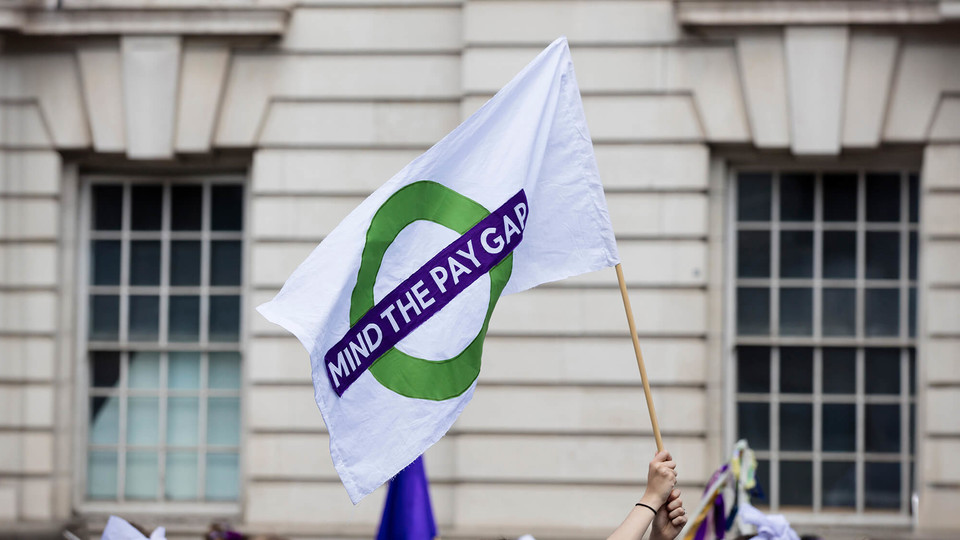
Experiments In Short Selling
Changing Short-Selling Rules Alters Both Stock Prices And Company Choices
Based on research Gustavo Grullon, James P. Weston and Sebastien Michenaud
Changing Short-Selling Rules Alters Both Stock Prices And Company Choices
- In 2005, a Securities and Exchange Commission rule change for a randomly chosen set of stocks offered scholars a unique chance to study the causal effect of short selling on stock values and company investment decisions.
- When curbs on short selling are removed, the price of overvalued stocks tends to drop.
- Firms respond to lower stock prices by cutting investments and issuing less stock.
When a company's stock price changes due to outside factors, does the company change its standing decisions on investments and financing? In 2005, when the Securities and Exchange Commission (SEC) launched a project lifting some short-selling limits, Rice Business professors Gustavo Grullon, Sébastien Michenaud (now at DePaul University) and James P. Weston resolved to find out.
The scholars seized a unique chance to perform what's called a natural experiment: one in which the factors assigning the subjects either to the experimental group or the control group are not determined by investigators and, instead, are more like random assignments.
Since 1938, the SEC has maintained an "uptick rule," a limit on short sales of stock whose price is falling. Short selling is selling stock you don't own, hoping to buy it at a lower price and make a profit.
In 2003, the SEC decided to waive the uptick rule for a set of companies dubbed the pilot group. The commission chose the firms through a random process in June 2004 and publicly announced them a month later. The next year, the pilot group was exempted from the uptick rule, and short selling was allowed even when the stock price was sinking. Then in 2007, the SEC relaxed the rule for all companies. The measures created a kind of laboratory setting where researchers could study the effect of stock price changes on business investment choices.
Gathering data from the Center for Research on Security Prices, the three Rice professors compared numbers for the pilot group and the control group, those companies that were not chosen. Their data included stock prices, the number of security shares that investors have sold short and the following measures of company investment and financing:
- Capital expenditures
- Changes in total assets
- Capital expenditures plus R&D
- Equity issues (issuing stock)
According to theoretical models, the uptick rule, by limiting short selling, would curb the effects of negative information on stock prices. Thus the stock can get overvalued. If the constraints were lifted, it followed, the jolt of negative information was no longer buffered and stock prices would drop to a more realistic value.
Past studies after the uptick rule ended showed that short selling did increase, but stock prices for the pilot companies stayed the same. The Rice Business researchers, though, studied data from a longer period — a month before the pilot group was selected and two years afterward — and found different results. Compared to the control group, the companies in the pilot group experienced both more short selling and lower stock prices. (While these changes might have been expected after the company names were announced, they began just after the pilot companies were selected. In their paper, the authors suggest that the pilot companies' names may have been leaked before the official announcement.)
So limitations on short selling do indeed lead to overvaluation of company stock. But what effect does that have on company investments? One possibility is that company managers may issue more over-valued stock and increase their investment in real assets. Another is that the managers may perceive overly optimistic signals about the company’s prospects and therefore overinvest. In either case, company investments would be increased. On the other hand, if the limits on short selling are lifted and the stock is no longer overvalued, logic suggests that investments won't be as high.
Grullon, Michenaud and Weston confirmed the final outcome. Compared to the control group firms, the firms in the pilot group lowered their investment in fixed assets between 8 percent and 13 percent. In addition, the pilot companies cut the sale of common and preferred stock between 19 percent and 34 percent. The results were strongest for small companies, and for companies such as growth firms and companies that were more sensitive to overvaluation before the start of the pilot study.
So curbing short sales does indeed alter stock values. Loosening those rules leads to lower prices, which in turn prompt firms to alter investment and financing choices. For the scholars Grullon, Michenaud and Weston, it was a dynamic that started as theory, then played out in real life thanks to a unique laboratory supplied by the SEC.
Gustavo Grullon is a Jesse H. Jones Professor of Finance at the Jones Graduate School of Business at Rice University.
James P. Weston is a Harmon Whittington Professor of Finance at the Jones Graduate School of Business at Rice University.
T o learn more, please see: Grullon, G., Michenaud, S., & Weston, J.P. (2015). Real Effects of Short-Selling Constraints. Review of Financial Studies, 28(6), 1737-1767 .
Never Miss A Story


